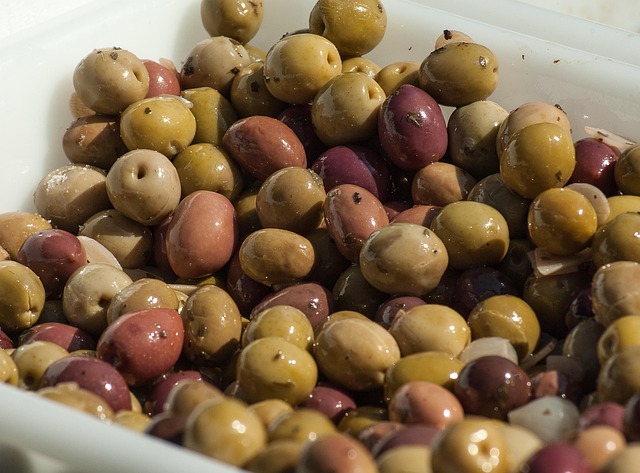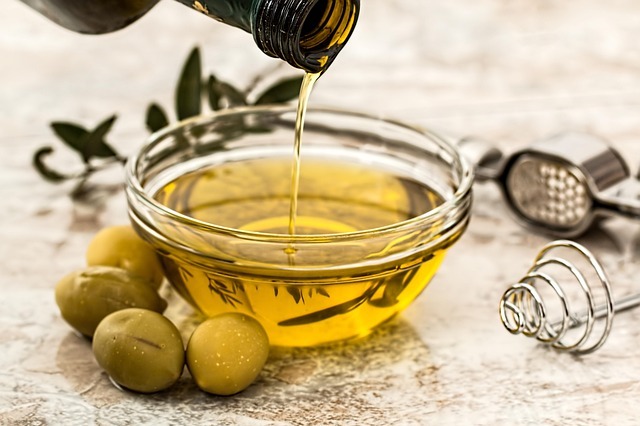Olive oil, particularly extra virgin olive oil (EVOO), is widely praised for its numerous health benefits. Rich in monounsaturated fatty acids (MUFAs) and antioxidants, it is known to support heart health, reduce inflammation, and lower the risk of chronic conditions such as cardiovascular disease, stroke, diabetes, and some cancers. Its regular inclusion in the diet is often encouraged by nutritionists and healthcare professionals.
However, while olive oil is generally safe and beneficial, health experts highlight a few potential side effects that may arise from excessive consumption or improper usage during cooking. One key concern is its impact on blood sugar levels. In individuals with diabetes or those taking blood sugar-lowering medications, high intake of olive oil may cause hypoglycemia—characterized by symptoms such as sweating, trembling, and fatigue. Another factor to consider is the oil’s high caloric density. With around 120 calories per tablespoon, olive oil can contribute to weight gain if used excessively and not accounted for within an individual’s overall calorie intake. In rare instances, very high consumption has also been linked to mild digestive disturbances, including diarrhea and stomach discomfort. Although allergic reactions to olive oil are extremely uncommon, they are not impossible.
Another factor to consider is the oil’s high caloric density. With around 120 calories per tablespoon, olive oil can contribute to weight gain if used excessively and not accounted for within an individual’s overall calorie intake. In rare instances, very high consumption has also been linked to mild digestive disturbances, including diarrhea and stomach discomfort. Although allergic reactions to olive oil are extremely uncommon, they are not impossible.
When it comes to cooking, olive oil’s performance under heat is an important consideration. EVOO has a moderate smoke point, ranging between 374°F and 405°F (190°C–207°C). Heating the oil beyond this point can lead to the breakdown of its compounds, potentially releasing harmful substances and causing smoke. That said, most common household cooking methods, such as sautéing, pan-frying, or roasting, do not typically reach such high temperatures, allowing EVOO to remain stable and safe for use.
Nevertheless, some of the beneficial antioxidants and vitamin E in olive oil can degrade when exposed to high or prolonged heat, resulting in a slight reduction in its health properties. Overheating the oil to the point where it begins to smoke should be avoided, as it may lead to the formation of toxic by-products. If olive oil develops a burnt smell or visible smoke, it is best discarded and replaced with fresh oil.
In summary, olive oil continues to be one of the healthiest choices for cooking when used appropriately. The key is moderation and mindful use—employing extra virgin olive oil for low to medium-heat cooking or as a finishing oil to retain its nutritional value. Avoiding overheating and recognizing the signs of oil breakdown can help ensure both safety and health benefits in everyday cooking.

